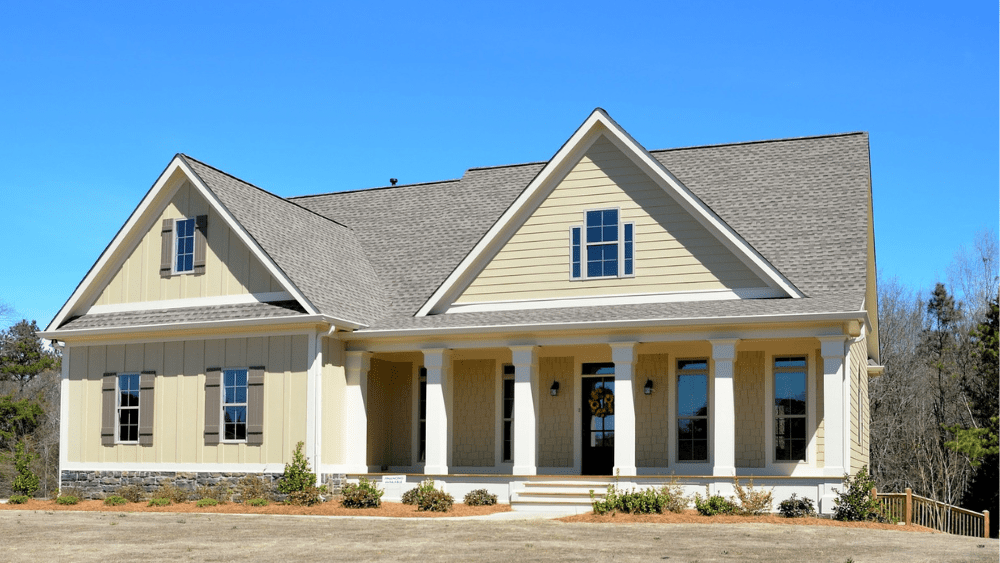
It’s been a while since you purchased your home. You’ve seen similar houses in your neighborhood sell for a lot more than you paid. Perhaps you’re considering a move, or maybe you’re just wondering: what is the average real estate appreciation rate? In this post, we’ll break down the basics of home appreciation, the factors that influence it, and how you can calculate it. By the end, you’ll have a clearer picture of what affects your home’s value and how to get a ballpark estimate of how much your home is worth today.
Home appreciation refers to the increase in a property’s value over time. This rise in value can result from various factors, including market conditions, property improvements, and changes in the surrounding area. When your home’s value appreciates, you have the opportunity to build wealth through equity. On the other side of a home investment is depreciation, the decrease in value over time. Depreciation can occur due to wear and tear, outdated features, or unfavorable market conditions. Here’s a scannable overview of some of the key factors that can impact your home’s appreciation rate. The state of the housing market plays a significant role in home appreciation. In a strong market with high demand and low inventory, home prices tend to rise. Conversely, in a weaker market with more supply than demand, prices may stagnate or even decline. Location is one of the most critical factors in real estate appreciation. Properties in desirable areas with good schools, amenities, and low crime rates typically appreciate faster than those in less desirable locations. Proximity to employment centers, public transportation, and recreational facilities also boosts a home’s value. Different types of properties appreciate at different rates. Single-family homes often appreciate more steadily compared to condos or townhouses. Unique properties or those with distinctive features may also see different appreciation trends. Interest rates directly impact homebuyer affordability. When interest rates are low, more buyers can afford to purchase homes, increasing demand and potentially driving up home values. Conversely, higher interest rates can cool down demand, slowing appreciation rates. Investing in home improvements can significantly boost your property’s value. Upgrades to kitchens, bathrooms, and even curb appeal can lead to higher appreciation rates. However, not all improvements yield the same return on investment, so choose wisely. Consumer confidence in the economy affects real estate appreciation. When people feel optimistic about their financial future, they are more likely to invest in homes, driving up prices. Economic uncertainty can lead to a more cautious market, slowing down appreciation.What does home appreciation mean in real estate?
What factors affect real estate appreciation?
Housing market
Location
Property type
Interest rates
Home improvements
Consumer confidence



